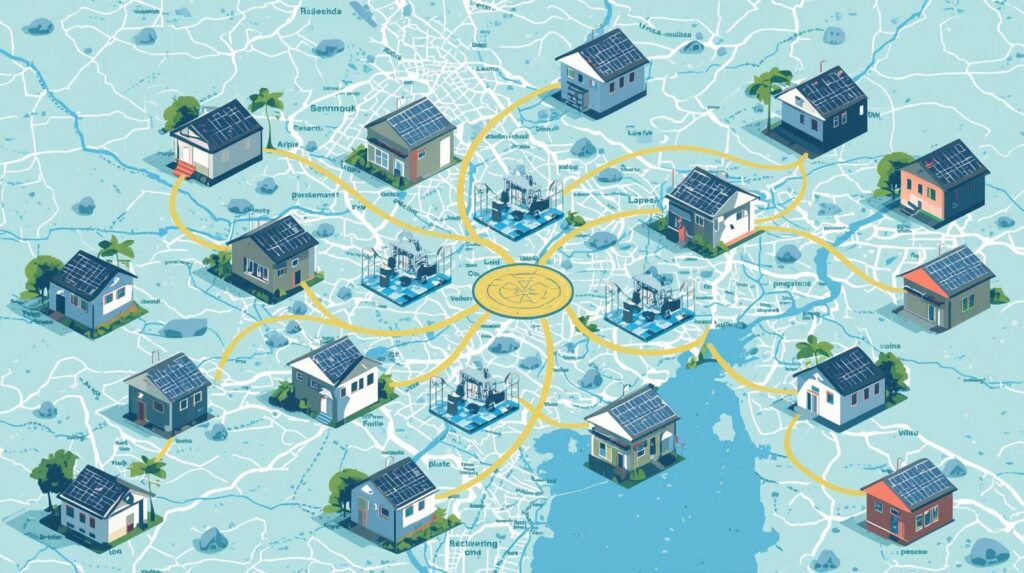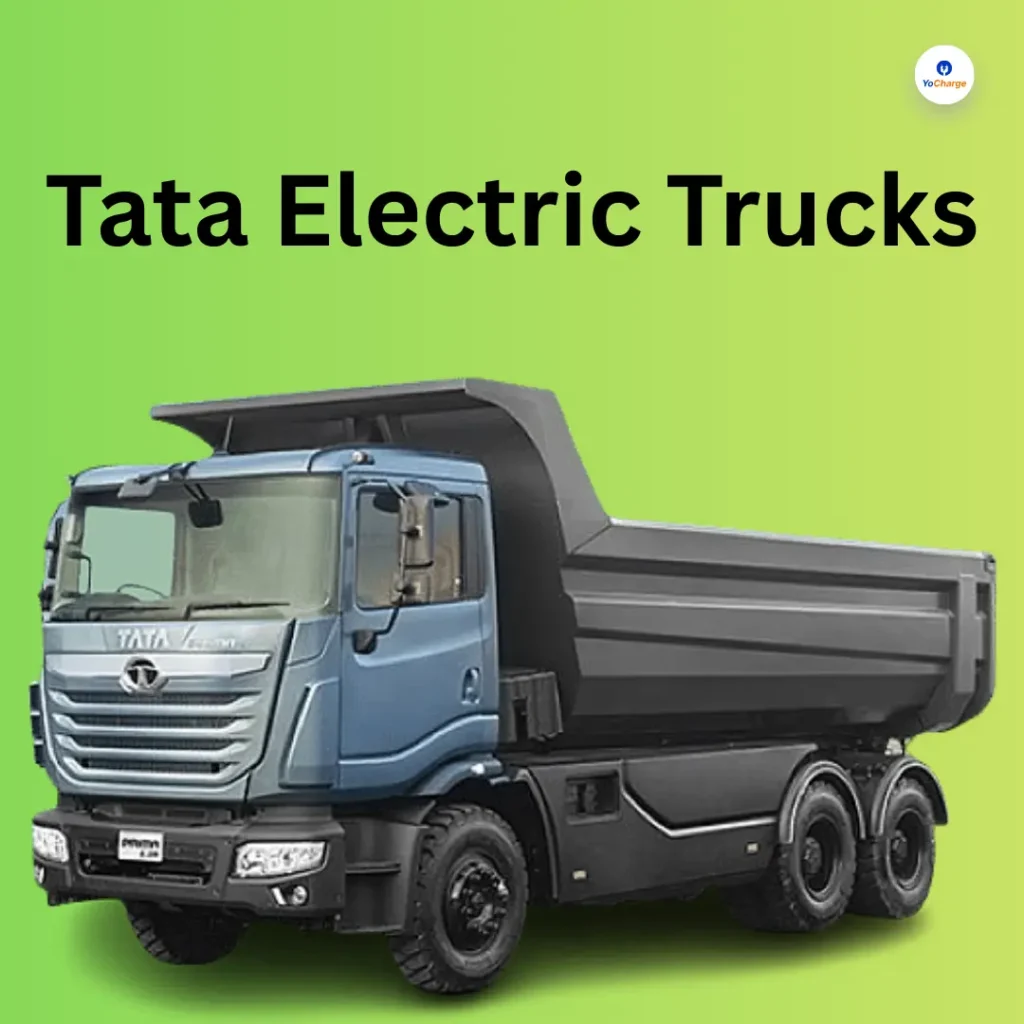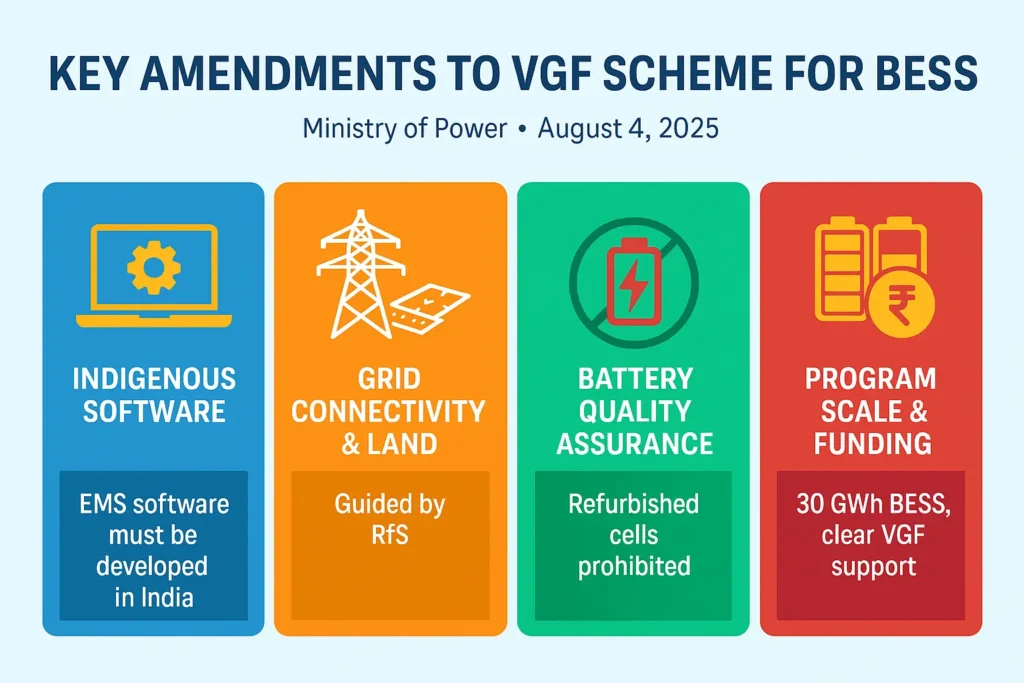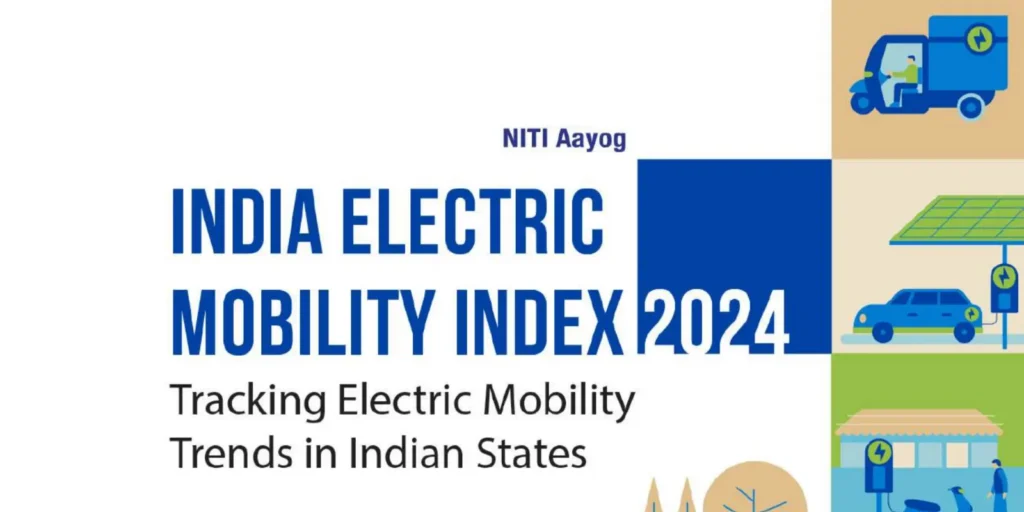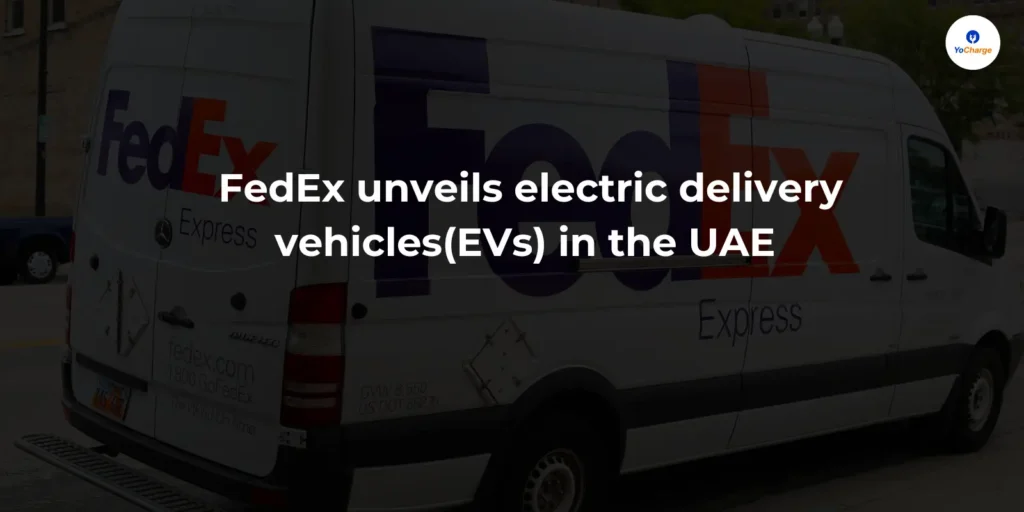
FedEx is the world’s largest express transportation company. It operates in over 220 countries and territories globally. The company strongly commits to sustainability and reducing its environmental impact. FedEx recently deployed its first electric delivery vehicles (EVs) in the United Arab Emirates (UAE).
These zero-emission EVs in the UAE mark a significant step. FedEx aims to achieve carbon-neutral operations worldwide by 2040. These electric delivery vehicles have an impressive range of 280 kilometres per charge. They can complete a full day’s delivery route on one charge. Using these EVs, FedEx reduces its carbon footprint. This initiative also improves air quality in urban areas.
FedEx goes green with electric delivery vehicles (EVs) in the UAE
FedEx deployed its first three electric delivery vehicles (EVs) in the UAE (United Arab Emirates). This move supports its commitment to sustainable logistics practices. These zero-emission EVs debut in the Middle East and North Africa region for FedEx.
The electric delivery vehicles are one-ton trucks. They operate for up to 280 kilometers per charge. EV charging stations at FedEx facilities in the UAE support them. These vehicles can complete a full day’s delivery route with a full load.
Initially, FedEx focused on deploying these EVs in high-traffic areas. This strategic placement maximizes emission reductions. It promotes sustainable urban transportation. This initiative aligns with the UAE’s Net Zero by 2050 goal.
Introducing these EVs in the UAE marks a significant step forward. FedEx aims for global carbon-neutral operations by 2040. The company plans for 50% of its vehicle purchases to be electric by 2025. It aims for 100% by 2030 (ref).
Charging Forward: Infrastructure and Efficiency
FedEx has installed EV charging stations at its UAE facilities. This ensures sufficient charging infrastructure for its EV fleet. These strategically placed stations enable EVs to complete a full day’s route easily.
The EVs’ range of 280 kilometers per charge ensures efficiency. Charging stations at FedEx’s UAE locations support optimized route planning. This reduces the number of charging stops needed.
Using these EVs, FedEx improves delivery efficiency. It also reduces overall emissions. However, the adoption of EVs may face challenges. These include charging infrastructure and range limitations.
A widespread network of public charging stations could help. This mitigates potential issues with range anxiety. EVs can then operate seamlessly in high-traffic areas. Extreme weather and heavy traffic may impact the EVs’ actual range.
Despite potential challenges, FedEx remains committed to sustainability. Its goal of carbon-neutral operations by 2040 drives its efforts. The deployment of EVs in the UAE is a significant step. It contributes to a more sustainable future for urban delivery services.
Global Goals: FedEx’s EV Strategy
FedEx aims for carbon-neutral operations globally by 2040. Electrifying its entire parcel pickup and delivery fleet is key. FedEx plans to convert 50% of its vehicle purchases to electric by 2025. It aims to reach 100% electric by 2030 (ref).
This phased vehicle electrification is crucial for reducing environmental impact. FedEx has deployed electric vehicles in several regions. Its largest EV fleet is in China within the AMEA region.
FedEx has conducted EV trials in India, Thailand, South Africa, and Malaysia. These efforts advance its emissions reduction goals globally. FedEx’s commitment to sustainability demonstrates its leadership.
By electrifying its fleet, FedEx minimizes carbon emissions. It improves air quality in urban areas. FedEx contributes to a sustainable future for its customers and communities worldwide.
The Future of Green Deliveries: The UAE and Beyond
FedEx’s deployment of EVs in the UAE aligns with the country’s focus on sustainability. The UAE’s Net Zero by 2050 initiative supports this. The UAE government promotes EV adoption through various incentives. These include subsidies for charging stations and tax exemptions for EV purchases. Such measures create a favorable environment for companies like FedEx.
By introducing EVs in the UAE, FedEx reduces its carbon footprint. This initiative also improves air quality in urban areas. It promotes sustainable urban transportation. FedEx commits to having 50% of its vehicle purchases be electric by 2025 (ref). It aims to reach 100% by 2030. This shows its leadership in transitioning to an environmentally friendly logistics industry.
Consumers increasingly prioritize sustainability in their purchases. FedEx’s EV adoption meets these evolving customer preferences. This positions the company well in the UAE and beyond. The potential for wider EV adoption in the region is promising. Other logistics companies may follow suit, responding to environmental concerns and government incentives.
In conclusion, FedEx’s EV initiative in the UAE is a significant step. It aims to create a sustainable future for urban delivery services. By leveraging innovative technologies, FedEx collaborates with governments and customers. This paves the way for a greener logistics industry. FedEx prioritizes environmental responsibility. This contributes to a cleaner, healthier planet for all.
Looking to follow FedEx’s lead and electrify your delivery fleet? Managing an EV fleet requires specialized tools. Contact us to learn more about YoCharge EV fleet management software that can streamline your EV fleet operations in UAE and beyond.
